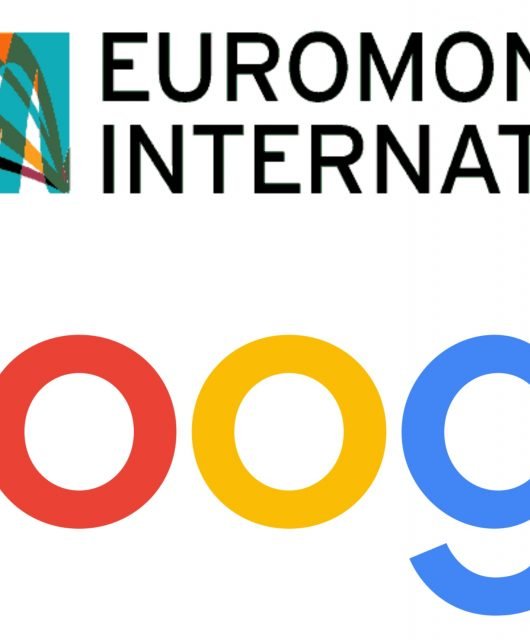How To Respond In A Crisis: Let Your Brand Guide You
By Rose Robertson, Marketing Manager at Saffron Brand Consultants

Seismic upheaval of the kind we’ve experienced over the past weeks always has lasting consequences. Instant lifestyle change has occurred worldwide, often instigated and enforced by government.
Some organisations have been lucky and are experiencing unprecedented demand and record sales. Many more unfortunately face closure and massive staff layoffs.
When faced with disruption, there are always some brands that exhibit particularly agile, intelligent or creative responses to times of great change. Though some are facing truly tough times, we have analysed the actions of those brands that have shown agility and sensitivity and responded to the crisis in a way that will build their brand equity for the long term.

Ensure Your Brand Guides Your Decision-Making
Some brands facing devastating business scenarios have ensured that their response to the crisis is calm, clear-headed and led by their brand.
Brewdog’s brand values act as their ‘true north’, and guide everything the brand does, from product design, how they raise investment and their commitment to their staff. Facing 100 hospitality units closing worldwide, their business has been strongly affected by social distancing laws. But their belief that business is a force for good meant that instead of laying off staff, they put them to work by transforming their distilleries into hand sanitizer production lines, with over 100,000 bottles of ‘Punk Sanitizer’ distributed to health workers so far.
Guided by their brand values, it resonated as an authentic Brewdog move, not a cheap PR ploy. By acting confidently and quickly, the company has been able to build brand equity instead of sliding into irrelevance.
Build Trust With Clear Information And Reassurance
Some brands have been thrown into the spotlight as essential services, and consumers with heightened worries are watching their every move. The best responses by brands to this unexpected pressure have been focused on recognising their role and building trust through reassurance.
Supermarkets have come under scrutiny across the world as panic-buying and new sanitation requirements have created unease in shoppers. British market-leader, Tesco, has been releasing informative content across YouTube and social media channels explaining what to expect from the new shopping experience.
Tesco’s brand purpose is “Serving shoppers a little better every day” and their values prioritise understanding customers, meeting their needs and acting responsibly for the community. The company has recognised customers are seeking reassurance. Explaining how they are keeping customers and staff safe throughout their interaction in-store shows they take their responsibility to the community seriously, building trust in their brand.
Remember That Building Brand Equity Is A Long-Term goal
Even if business is badly affected, behaving in a sensitive and flexible way with customers or partners can build your brand equity for the long term. This could help towards a strong recovery when the time comes.
In the case of Berlin-based travel marketplace, GetYourGuide, bookings are down 50% and cancellation rates up 20%. But CEO Johannes Reck says, “At this point in time we believe there’s incredible opportunity to make a real difference for our customers, our suppliers and our ecosystem broadly.” The company has responded to the crisis by re-routing staff to under-pressure customer service roles and by offering straight-forward cancellation options to those who can no longer travel. By focusing on their customer’s experience and ensuring they are responding to concerns quickly, they can actually build their reputation as a trusted brand. They are also focusing on supplier relationships too, ensuring they show that they are a reliable partner, laying strong foundations.
Bolstered by a recent $484million funding round and frugal spending plan, the company can use their agile approach to ride out the storm whilst building their reputation for the future. This is not a time for opportunism, as a short-term price hike or self-serving move could damage your brand’s reputation in the long-term.
Instead, we believe brands should make agile changes with a longer-term focus, keeping the needs of users or partners front of mind. Use your brand values and promise to guide you, and remember that in times of crisis, you can build credibility and trust with an intelligent response.
This article has originally been published on Saffron Brand Consultants




